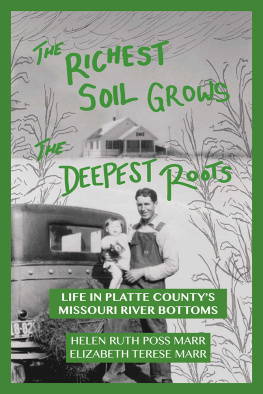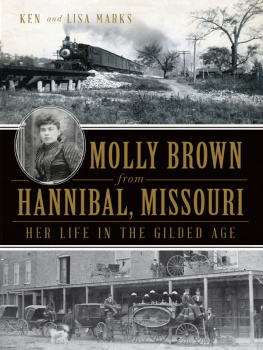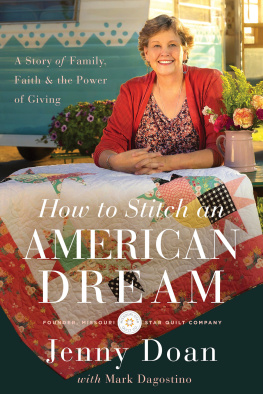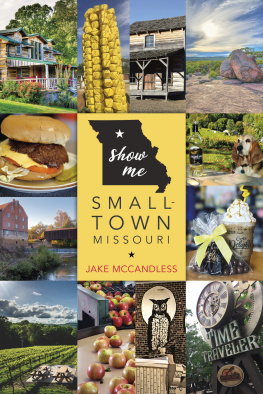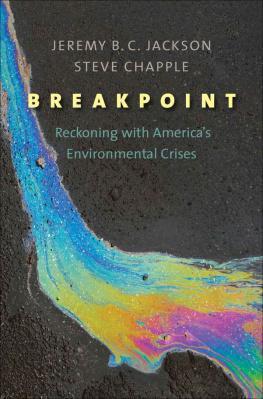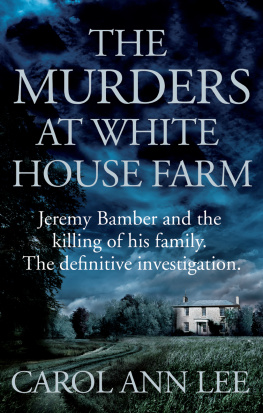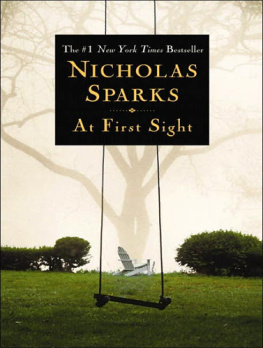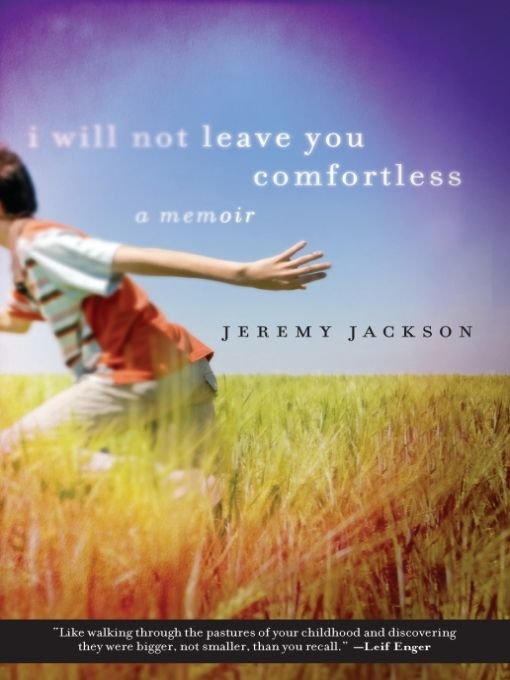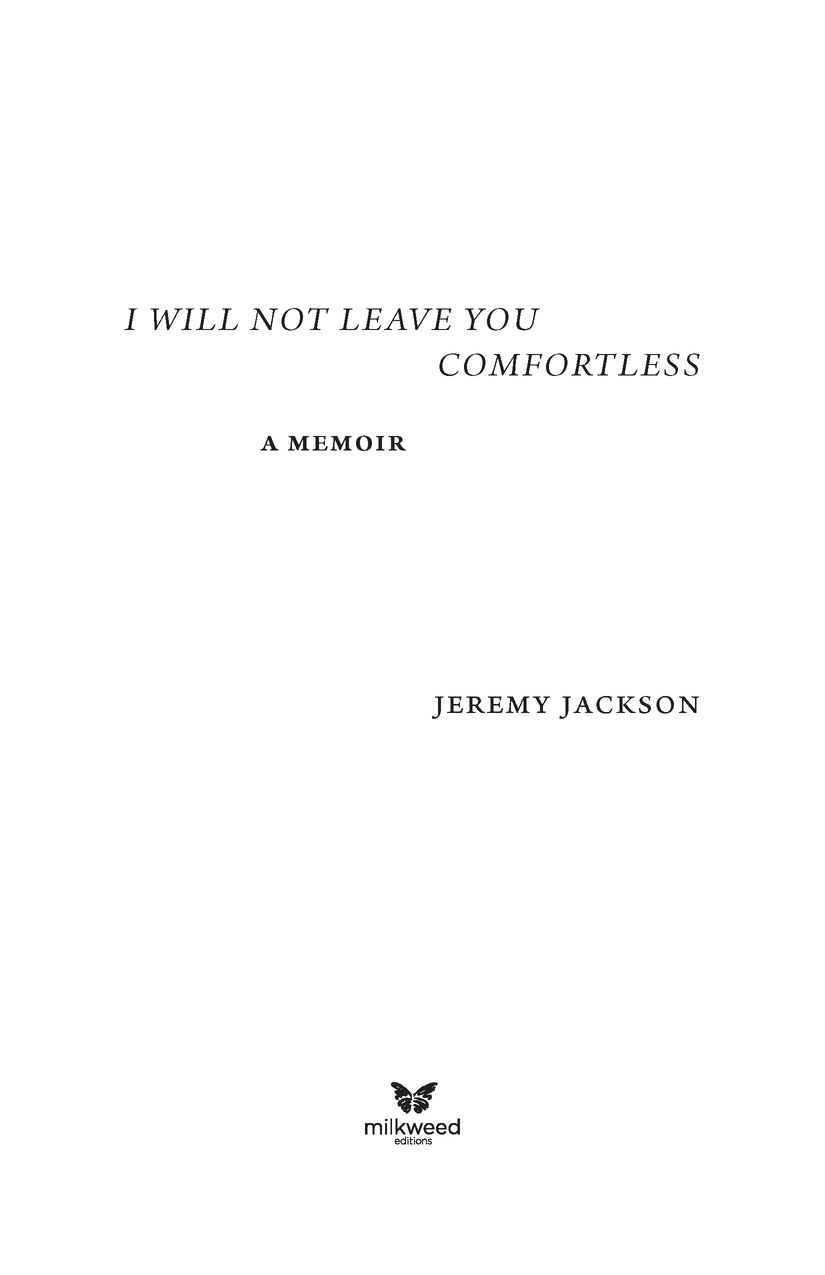Table of Contents
Also by Jeremy Jackson
In Summer
Life at These Speeds
the first part
A Storm
On the last Wednesday of April, 1983, my grandmother went to a funeral. She drove from the farm to Windsor through the early afternoon sunlight, past pastures where the grass was shin high and rising, past full creeks, past newly plowed fields. In town, the last tulips bloomed in front yards and side yards, the sidewalks were swept, and the streets were shaded by leaves that as of a week ago hadnt even been born. This was spring in Missouri.
She had heard on the radio about the thunderstorms, but there was no sign of them yet. The day was quiet. She walked from the parking lot to the church through a breeze with no hint of threat to it. She was not a nervous woman, nor unfamiliar with the storms of her part of the country. She had lived in western Missouri her whole life, and she didnt consider changing the course of her day just because storms were near.
That said, when the funeral was over and she had played the last sustained chord on the organ, she headed straight home. Within the course of an hour, the sky had changed. The sun had slipped behind a veil of high clouds so that the day was still bright, but there were no shadows anymore. She drove west, and once she left the trees and houses of town she could see the storm clouds in front of her. They were close.
Really, it was a race. She was on a collision course with the storms, and it was simply a matter of who would reach the farm first. The clouds that were approaching were not pleasant clouds. They were black and moving fast, like the flagships of night.
She left the blacktop and headed up the gravel road. Back toward town, there was still blue sky visible. Just a little badge of it in her rearview mirror.
She had a couple of miles to go on the white, straight-shot road. Dust billowed behind her. The rumble of the tires cruising over the gravel masked any sound of thunder.
She was almost home.
At last she pulled into the driveway of the farmhouse, gathered her purse and sheet music, and got out of the car. The clouds were nearly overhead. The air was moist and stuffy, like a greenhouse. She went inside. She set her purse on the kitchen counter as a rapidly expanding whooshing sound came from all directions at once, and the houses joints began to creak inside the walls. She looked out the kitchen window and saw the wind sweeping the yard in one sustained and still-gathering blast.
Then rain hit the panes.
She watched the storm. She moved through the strange, dusky light of the farmhouse, looking out the bedroom window, then the front door, then the side door. She thought about Grandpa, who had taken some calves to the sale barn and was now out in the storm. She thought about dinner. She thought about the funeral shed just been to. It was one of nearly thirty she played for that year, and she hadnt known the man well. She thought about the garden and hoped the rain wasnt too much for it. But before long, the rain was letting up.
At 3:15, she sat down and wrote a letter to my family, as she did nearly every week.
Its really dark, she started, looks like about 6:30 and its the middle of the afternoonWeve had a big rain this afternoon.
She heard an engine and looked through the dining room window to see Grandpas headlights.
Daddy took the rest of the calves to the sale this afternoon and he is just now getting home.
Sixty miles east, at that moment, I was on my way home from school. Mom had picked up Susan and me in dinky old Russellville, and now we were driving through the countryside toward our farm, followed by a car containing two of Moms piano students and one of their mothers.
The storm that had swept over Grandma now glowered on our horizon, and I didnt care for it. I was a ten-year-old who knew too much about storms. They showed us informational films each year at school, films from twenty years ago, when the kids wore clothes that seemed more appropriate for church, films that strived to impart to us an awareness of the fact that tornadoes would, given the chance, kill us. The storm that faced us fit the profile of a tornado spawner if Id ever seen one: greenish, from the southwest, April, midafternoon.
The films were clear: basements are your only hope.
We didnt have a basement.
Mon. was such a beautiful day, Grandma continued. Washed 2 loads of clothes, the back bedroom curtains and cleaned that room. About 3 oclock we set out 3 doz. cauliflower plants, 2 doz. broccoli2 more rows of potatoes and 2 rows of green beans. Dont think ever in my life it made me feel so bad, actually thought I was coming down with something.
Tue.couldnt do the curtains, was too windythen last night was Sewing Clubthis morn., washed the dining r. & front bedroom curtains and hung them out... I got all the curtains pressed before I left at 1 oclock for the funeral, so have had plenty to do today, but did feel more normal this morn.
When we got home, I wrapped myself in a blanket, put on my fake plastic batting helmet, and went into the houses only interior room: the sewing closet under the stairs. I could hear the piano lessons well because the piano was right next to the sewing closet door. I stood in the tiny closet and looked at the wall of shelves filled with spools, bobbins, and jars of buttons. I could hear the thunder. Muffled, thuddy thunder. And I could hear my quickened heartbeat. There was no place to sit. This was not good at all, this basementless tornado-bait farmhouse.
After several minutes, I heard the back door of the house open and close. It meant Elizabeth, my oldest sister, had made it home. I emerged to greet her, only to find not Elizabeth but the mother who had brought the piano students. Shed been waiting in her car.
I think thats more than just a regular storm, she said to my mother. Do you have a basement?
I returned to the closet. Chewed my fingernails. Worried about Elizabeth.
Daddy planted 4 rows of sweet corn this morn. It should be well packed in the ground after this rain.
We are really proud of Elizabeth winning the trip to Wash. D.C., thats just great. Now Darrell would you write another article for the paper for me about this and about the Distinguished Am. High School Student Award she has receivedwe will save all the track records for another time.
Daddy got good price for his calves, the best price was some at $74.75 (steers), had 5 bulls at $70.75, heifers at $63.30he thought that was good for heifers. They are better prices than he got last year
Must stop and get supperLove from both
Mother and Daddy
P.S. Daddy saved 4 calves to butcher
Elizabeth, on the other hand, didnt worry about storms.
She left school and drove through Russellvillethe curbless, peeling-paint town of seven hundred. Soon she entered the countryside. Black cattle lay in the corner of a pasture. A crow wheeled over the wind-wracked trees. For Elizabeth, the drive home was always satisfying, and the pickupespecially at speeds over sixtyhad a nice floaty ride. One time, the truck had raced Tom Claypools car. And won.


